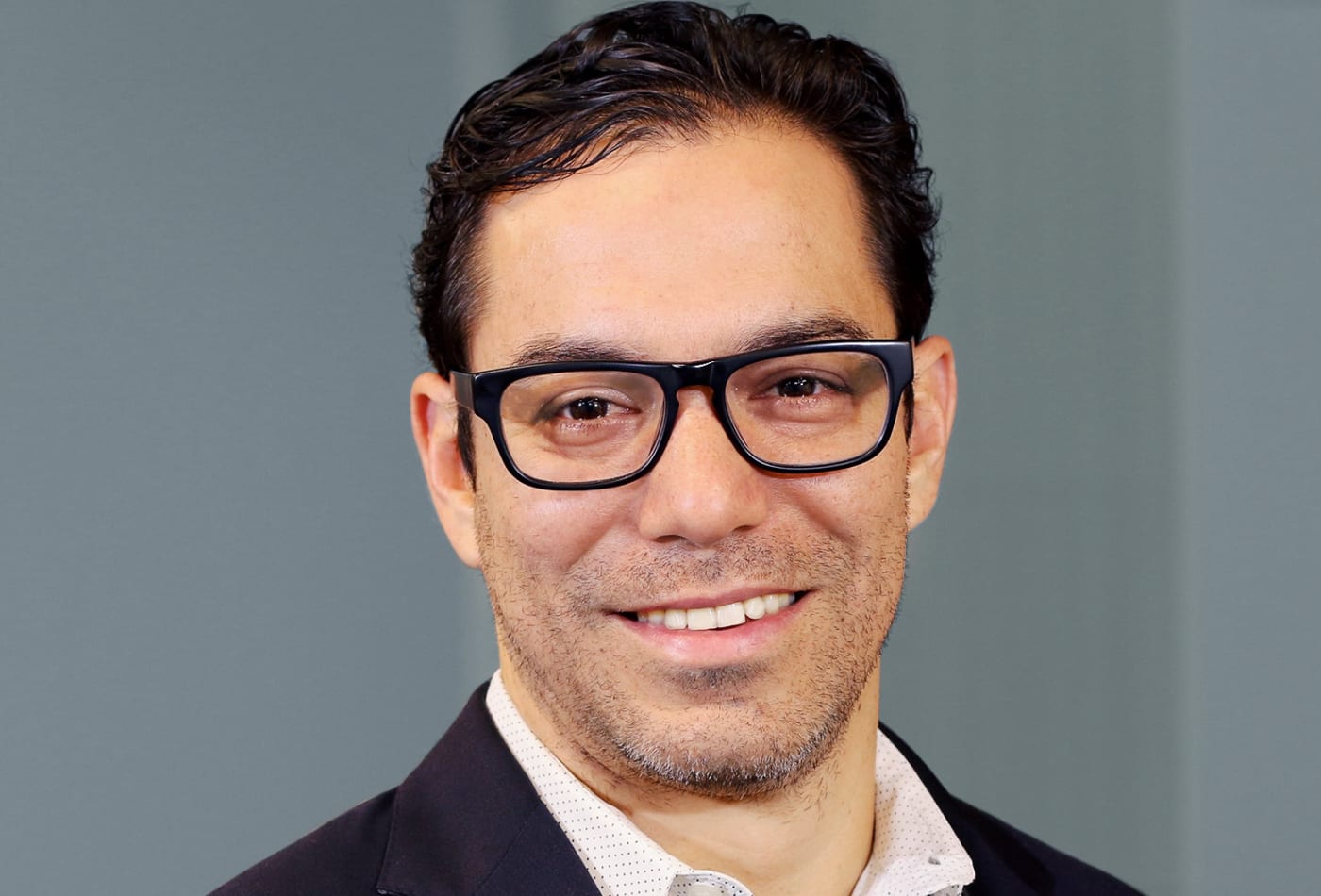- The company provides services in 195 countries, including the United States and Canada.
- With 300 employees, the company boasts roughly 450 customers.
- The company has grown 100-percent year over year, reaching $100m in annual recurring revenue.
As the global economy continues to surge and become more sophisticated, digital identities are becoming ever more important. User and business verification is critical. And, as companies continue to expand, the need only grows.
This is where software as a service (SaaS) company Trulioo Software comes. It’s a global identity marketplace that provides services to a myriad of industries, including retail, gaming, finance and banking, and payments. Founded in Vancouver, Canada, in 2011, the company meets these identity needs through a single API integration.
The goal, said Steve Munford, Trulioo chief executive officer, is to build the most comprehensive global identity network available.
“The identity problem is huge,” Munford, age 55, said. “You can’t ask for a bigger market – or a more important market – than identity today. It’s a hard problem that hasn’t been solved, and the need for it as everything goes digital just increases.”
It’s a growing industry with more and more people coming into the space, he said. To date, Munford added, the company has operations in 195 countries worldwide, including the United States and Canada.
Trulioo Going from 2 Founders to 1 CEO
Trulioo was originally launched with two founders. By 2017, the one remaining founders had already raised approximately $20 million dollars. The company had $20 million in revenue, and the founder was wrestling with whether to try to scale to be a more than $100-billion company.
It was at that point, Munford, who has held leadership and board positions in both public and private software companies throughout North America and Europe, first engaged with the company. It was a relationship that led to his taking the helm in 2020.
“There was a great chance to get to know [the founder], to get to know the business, to build the relationship, and to listen to the conversations that started,” he said. “It turned out that it was a great fit.”
How Trulioo Grew Its 300-Employee International Workforce
The post-pandemic world has brought about a rapid expansion in online commerce, Munford said. With that enhanced growth comes a need for a greater Trulioo team.
“Our growth rate has certainly accelerated. Post-pandemic, we have seen the democratization of financial products. Everyone wants to open an account and to trade online. Those products are going global,” he said. “Payment and infrastructure – it’s all changing with everything being digital. Identity has become the gating factor for companies expanding and growing. It’s been a tailwind for us.”
Riding that high, he said, has led to a larger leadership team. Today, the company has more than 300 employees. Approximately 100 of those workers are engineers. Canadian employees account for roughly 50 percent of the workforce.
Hitting an Average Contract Value of $220,800
Currently, Munford said, Trulioo boasts an approximately 450-customer base. The company charges each customer per project based on the size of the organization. Larger companies will pay more than sole proprietors, he said. For each identity check, Trulioo charges $1.
However, overall, the per-project price ranges from 5 cents to $2, he said. That makes the average cost per unit (ARPU) roughly $18,400, and the average contract value (ACV) is $220,800.
“We acquire customers, and in any given quarter, the majority of our revenue comes from existing customers as a usage-based pricing,” he said. “We land a customer and then, we land generally winning platforms that are expanding organically and expanding geographically. We take care of those customers, solve their problems, and then we’re relentless with a focus on their success.”
How the Company Hit $1.75 Billion in Valuation
In 2019, shortly before Munford, a married father of three who holds a bachelor’s degree in economics from the University of Western Ontario and an MBA from Queen’s University, assumed the CEO role, the company completed Series C funding. During that process, they raised $55 million.
A later round of Series D funding amounted to $394 million. Of that total, $150 million was primary and went on the balance sheet. The remaining $244 million was secondary, going to employees and angel investors. From that amount, founder liquidity amounted to $1.7 million.
All of these efforts have led to significant growth between 2020 and 2021. According to Munford and company records, in June 2020, Trulioo had a monthly recurring revenue (MRR) of $4.167 million. That added up to an annual recurring revenue of $50 million.
As of December 2021, the company has grown to $8.3 million in MRR and $100 million in ARR. The company has considered doing an IPO, Munford said, but actually going that route is not currently in the cards.
“We are not a company that needed the money to fund operations. We’re a profitable-growth company,” he said. “We could have done an IPO, but we see the opportunity to build a company that is really a platform for identity that would be a multi-billion-dollar company.”
At this point, Munford added, the company has an annual gross churn of 5 percent, as well as an annual expansion revenue of 75 percent. Net revenue retention is 170 percent. The company is profitable at roughly $1 million, and its valuation has ballooned to $1.75 billion.
As successful as the company’s identity product services have been, there is still room for growth and change, Munford said.
“I’m looking for products to extend our platform. With the right product, we have a customer base that is enviable,” he said. “If we broaden our products, we can sell more to them and provide a more whole solution for them. So, really, it’s about the product, the team, and the technology.”
When it comes to potential expansion areas, he said, he sees significant opportunity with fraud and biometrics as Trulioo already has components of solutions that can solve these problems for existing and potential customers.











